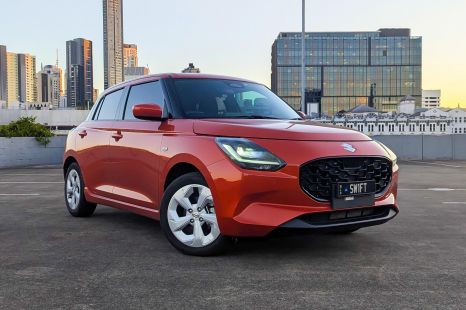

William Stopford
2025 Suzuki Swift Plus review
4 Days Ago

News Editor
The updated Renault Captur has been locked in for a local launch in the second half of 2025, and will battle a new – but very familiar – rival.
The facelifted Captur will battle the second-generation Mitsubishi ASX, due during 2025, which is little more than a rebadged version of the French SUV.
Pricing and specifications for the refreshed Captur range will be released closer to the start of showroom arrivals.
Hundreds of new car deals are available through CarExpert right now. Get the experts on your side and score a great deal. Browse now.
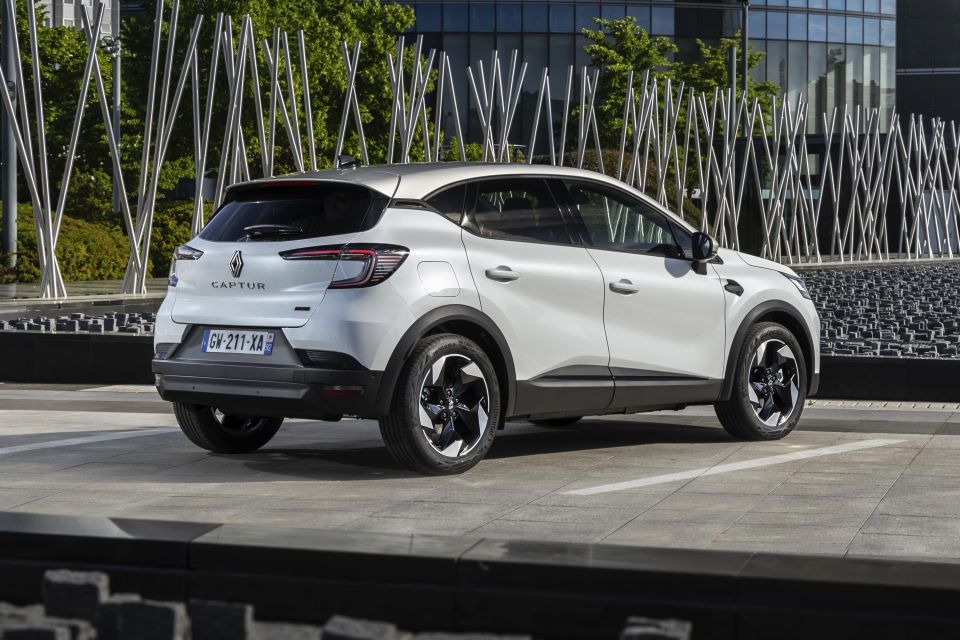
The pre-update Captur was priced from $33,000 to $39,500 before on-roads last year.
All pre-update models were powered by a turbocharged 1.3-litre four-cylinder engine producing 113kW of power and 270Nm of torque, mated with a seven-speed dual-clutch automatic transmission.
However, there’s a wider range of powertrains offered in Europe including a hybrid and a plug-in hybrid (PHEV), plus a mild-hybrid 1.3-litre turbo four.
Renault’s entry-level SUV nameplate has taken a brief hiatus in Australia, but is returning to slot in under the related Arkana and the ageing Koleos.
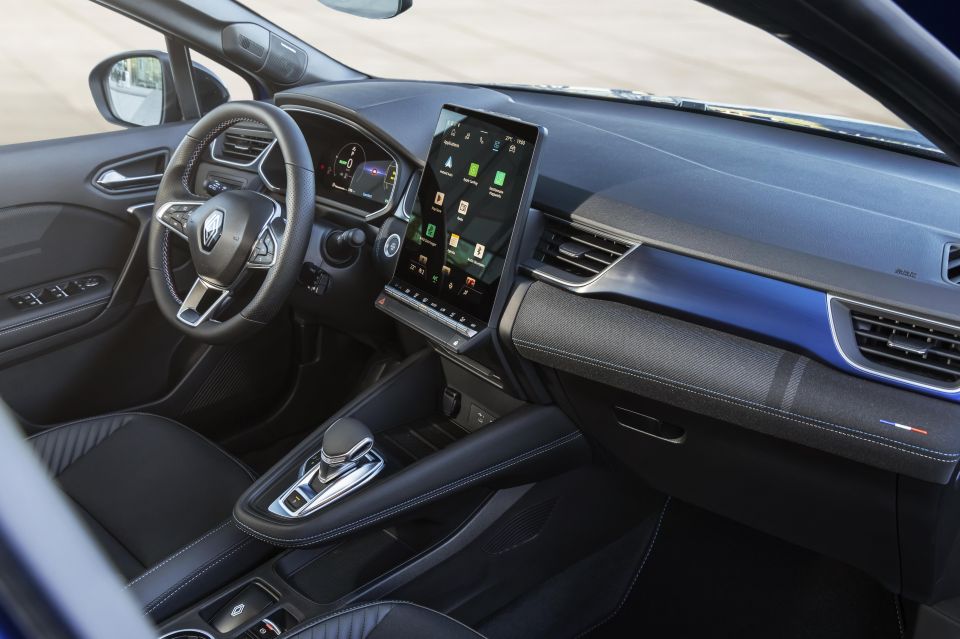
“The Renault Captur has historically been one of the most popular models in our Australian lineup and dealers have been receiving constant enquiries from buyers asking when the new model is due here, after we sold out of the previous model late last year,” said Renault Australia general manager Glen Sealey.
“The MY25 Renault Captur is just one of a number of new and updated Renault models around the corner for Renault Australia and we will have more to share on those soon.”
The updated Captur receives refreshed front and rear end styling, as well as a new OpenR Link infotainment system.
This features Google built-in, allowing Google apps like Google Maps and Google Assistant are embedded in the infotainment system.
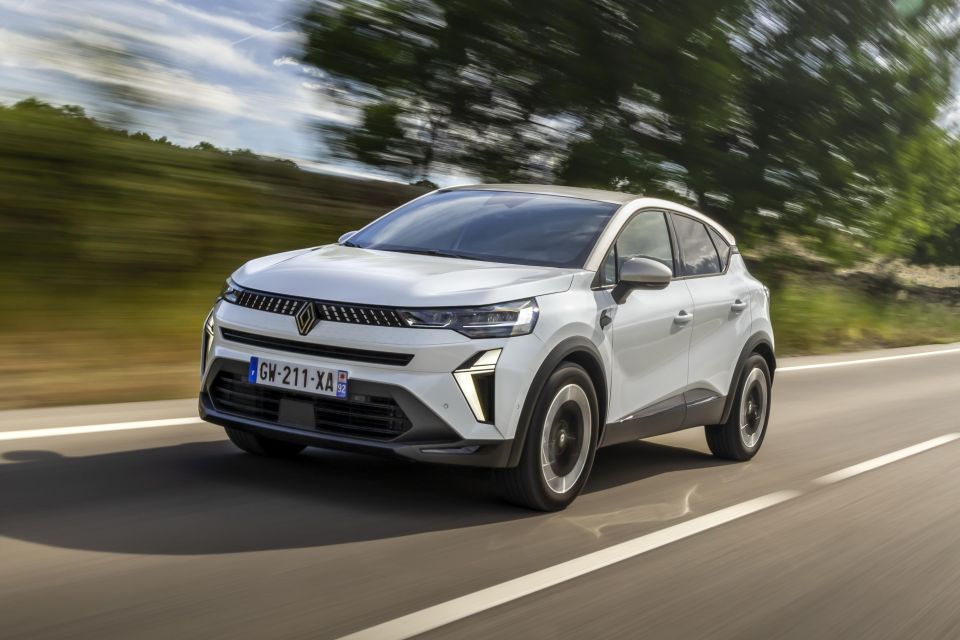
There’s a new 10.4-inch (up from 9.3 inches) portrait-oriented touchscreen infotainment system that offers both wired and wireless Apple CarPlay and Android Auto, as well as a 10.25-inch digital instrument cluster that can display navigation information.
Renault claims it has revised the Captur’s suspension geometry, the “force-velocity characteristics” of the shock absorbers, and tweaked the power steering calibration.
The company claims these changes have resulted in improved body control and “significantly increased driving pleasure”.
On the safety front the updated Captur receives intelligent speed limit assist as it’s now required in Europe, as well as a new customisable ‘My Safety Switch’ on the left side of the steering wheel which can allow the driver to activate or deactivate certain driver assist settings all at once.
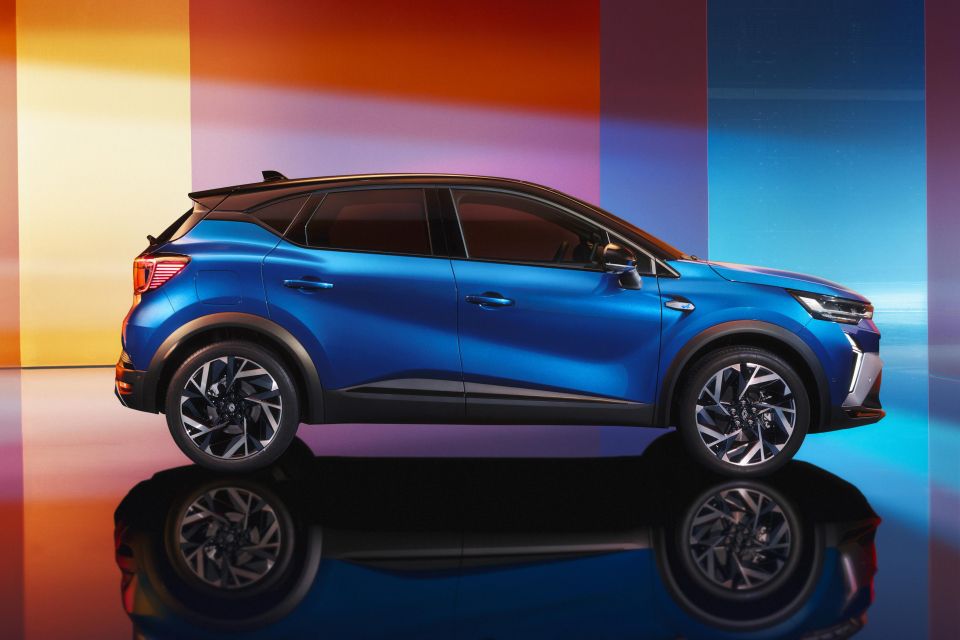
There’s also a new Esprit Alpine flagship trim that has a number of gloss black and matte grey exterior details, plus large 19-inch alloy wheels wrapped in Michelin tyres. It’s unclear if this variant will come here.
What’s also unclear is how the Captur will sell relative to the new Mitsubishi ASX, its rebadged twin.
Mitsubishi has yet to confirm pricing and specifications for this model, but the ASX it replaces is one of the best-selling vehicles in its segment.
The Japanese brand has a much wider network and greater name recognition than Renault, but that’s no guarantee it’ll be a considerably better seller.
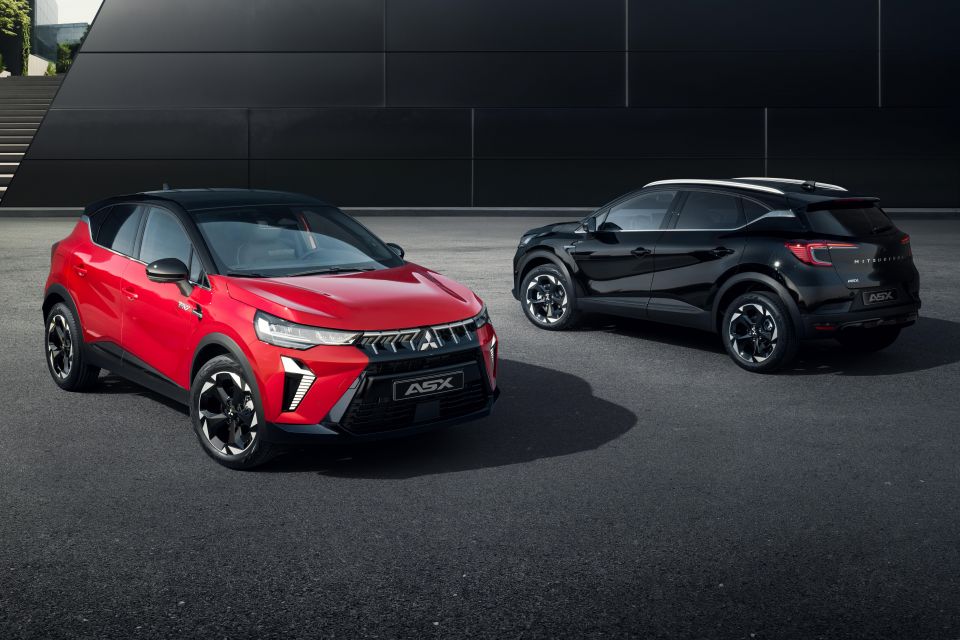
The last time Mitsubishi sold a rebadged Renault here – the Express, a Renault Trafic with the three-diamond logo – it sold in largely the same numbers.
In 2021, Mitsubishi sold 1780 Express vans against 2093 Trafics, while in 2022 it sold 1444 against 1449 in a photo finish for the French-branded van.
While Renault has teased it’s launching new and updated models this year, it hasn’t confirmed if it’ll bring any of its bevy of recently introduced SUVs to Australia.
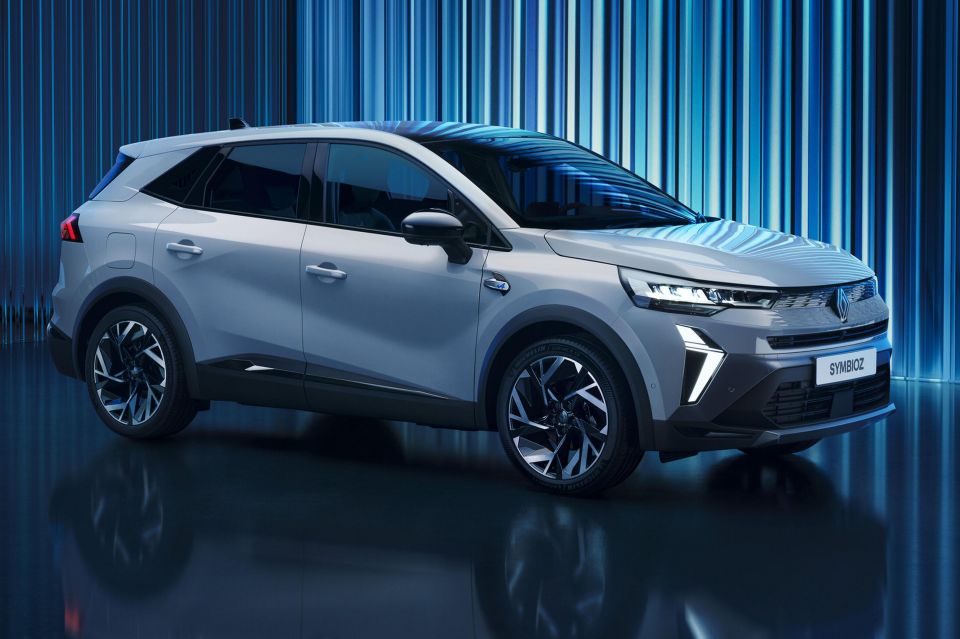
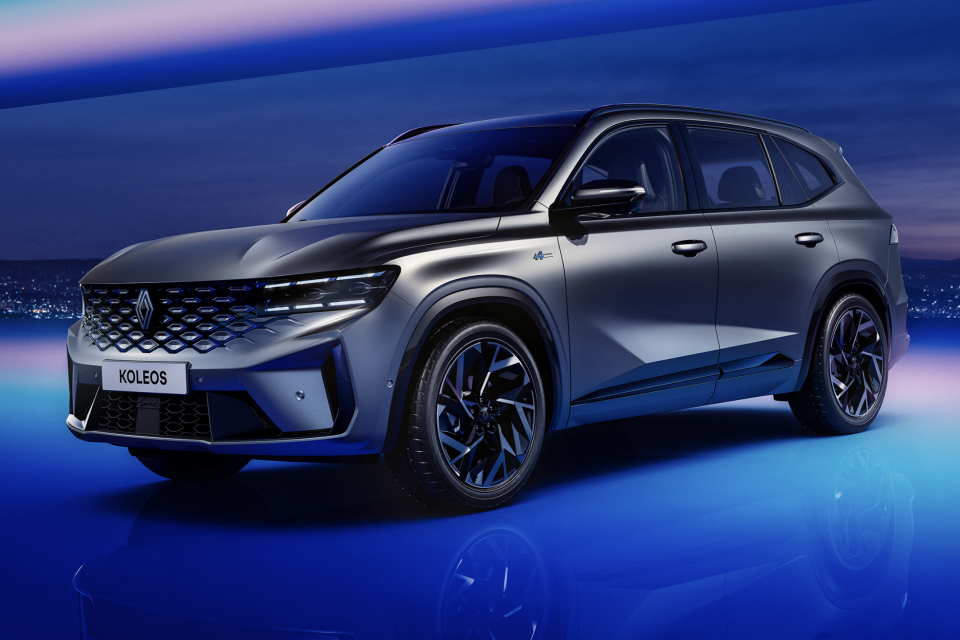
In Europe alone, it offers eight SUVs. In ascending order of size, these are the 4, Captur, Symbioz, Scenic E-Tech, Arkana, Austral, Espace and Rafale. All of these were launched over the last few years.
In South Korea, Renault also recently introduced the Grand Koleos, a lightly restyled Geely Monjaro/Xingyue L built at Renault Korea Motors’ Busan factory.
Renault Australia has previously confirmed the current 2016-vintage Koleos will soldier on until 2026. It’s the brand’s best-selling SUV in our market.
Where expert car reviews meet expert car buying – CarExpert gives you trusted advice, personalised service and real savings on your next new car.
William Stopford is an automotive journalist based in Brisbane, Australia. William is a Business/Journalism graduate from the Queensland University of Technology who loves to travel, briefly lived in the US, and has a particular interest in the American car industry.


William Stopford
4 Days Ago
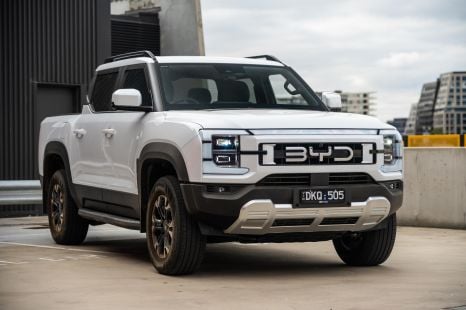

Max Davies
3 Days Ago
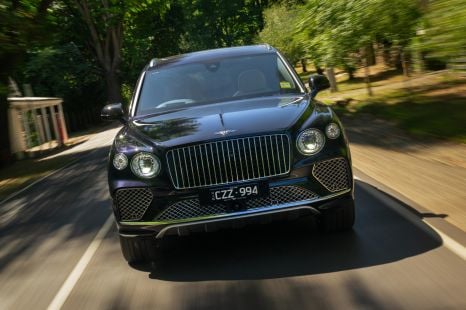

Josh Nevett
2 Days Ago
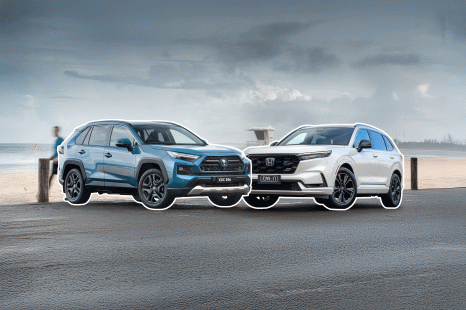

Andrew Maclean
1 Day Ago
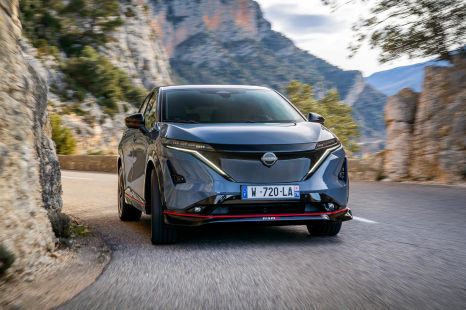

Shane O'Donoghue
1 Day Ago
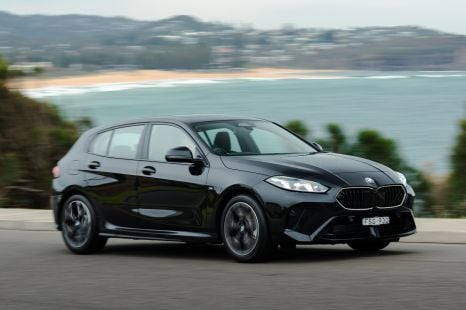

Anthony Crawford
12 Hours Ago